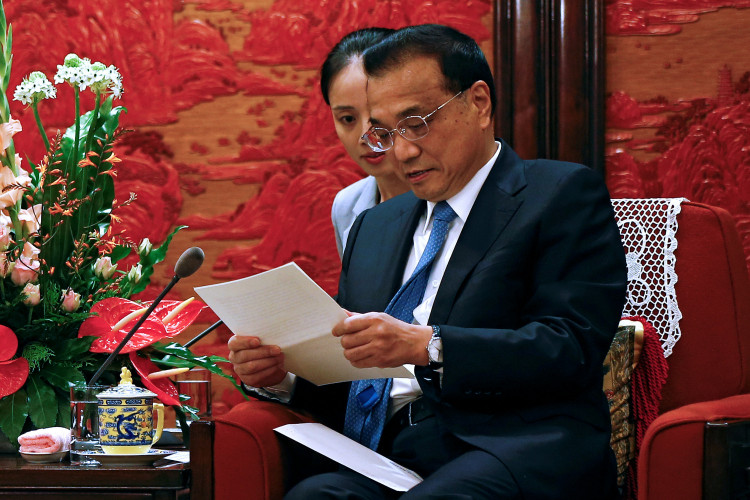Chinese Prime Minister Li Keqiang and Japanese counterpart, PM Shinzo Abe exchanged congratulatory messages on Sunday to mark the 40th anniversary of China and Japan's signing of the 1978 Treaty of Peace and Friendship in Beijing.
According to reports from the South China Morning Post, the relationship between the two Asian neighbors continues to blossom despite Tokyo's standing allegiance with the United States.
Washington and Beijing are currently in a spat against each other over trade policies. Through all this, Japan reassures that the regional economic cooperation it once pledged with China will remain as true.
Beijing, on the other hand, reaffirms that the Xi Jinping administration will continue to work on developing China and Japan's bilateral ties.
In a statement released via the Ministry's Office, and quoted over at Japan Times, Li expressed his confidence that the two countries are indeed on the right path to a more fruitful collaboration in the Asian region, all the while promoting a "lasting, sound and stable relations."
The news outlet meanwhile revealed an upcoming meeting between the two country leaders, which is slated to take place in China at an unspecified date, but probably by the end of this year.
The Treaty of Peace and Friendship
Signed by then Chinese Foreign Minister Huang Hua and Japan's Sunao Sonoda on August 12, 1978, in Beijing, the pact set a new milestone in the history of Sino-Japanese relations, as stated in a previous report.
The Beijing Accord requires the two sides to develop and maintain peace and friendship based on the Five Principles of Peaceful Co-Existence.
The pact also ensures that both countries will settle all disputes by peaceful means without resorting to the use of force or threat thereof.
Japan and China should also look into the development of the economic and cultural aspects of the bilateral relations, as well as promoting exchanges between their respective constituents.
Moreover, the 1978 Treaty stated that neither of the two parties should seek hegemony and that each of them should oppose any other country's efforts to establish one.
Meanwhile, international politics experts are quite optimistic in the warming relations shared between the two Asian nations. According to Alexander Huang Chieh-cheng of Taiwan's Tamkang University, Japan may soon find a stronger leaning towards Beijing as Washington's trade war with the world's second-largest economy further escalates.
"Japan does not want to be forced to take sides in the dispute between the United States and China, so it has to somehow adjust its relations with Beijing," Huang said, and as quoted by SCMP.





